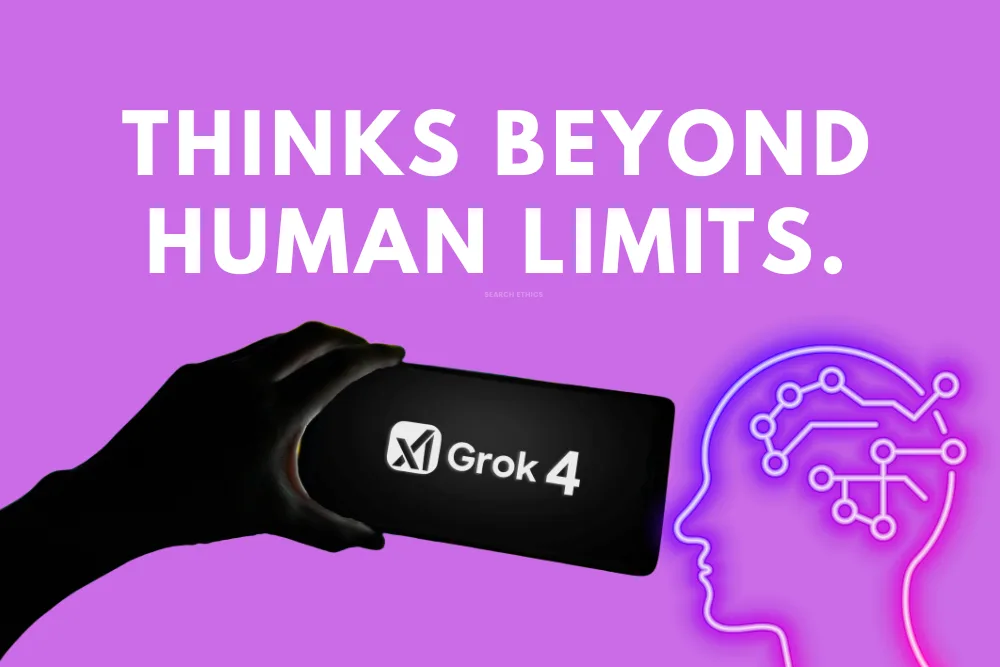Now Reading: Japan Internet Speed Breaks World Record
-
01
Japan Internet Speed Breaks World Record
Japan Internet Speed Breaks World Record

Imagine downloading the entire Netflix library in under one second. Sounds like science fiction, right? Or accessing every English Wikipedia page including all the revisions five times over in the blink of an eye.
Well, it just became real.
Japanese researchers have shattered the world record for internet speed, achieving 1.02 petabits per second. This isn’t just a cool tech headline, it could be the beginning of a whole new era for global internet use.
Let’s break it down.
What Is 1.02 Petabits Per Second?
To put it simply, 1 petabit equals 1 million gigabits, or 1 billion megabits.
Most home internet speeds are measured in megabits per second (Mbps). For example:
-
Average U.S. speed: 242 Mbps
-
Average speed in India: 63.5 Mbps
Now compare that to Japan’s new record:
-
1,020,000,000 Mbps
That’s over 3.5 million times faster than the average internet speed in the U.S. In India, it’s 16 million times faster.
What Can You Do With That Kind of Speed?
Here are some mind-blowing comparisons:
-
Download 127,000 years of music in one second
-
Stream 10 million 8K videos at the same time
-
Download all of English Wikipedia 10,000 times over
-
Grab Steam’s entire game library in about 10 seconds
How Did Japan Achieve This?
Using Familiar Fiber Optic Technology
Surprisingly, they didn’t invent a new type of cable. Instead, they used standard-sized fiber optic cables the same 0.125mm thickness used worldwide.
The secret? Inside the same cable size, they packed in 19 data cores instead of just one.
Imagine a single-lane road turning into a 19-lane superhighway, but without widening it. That’s exactly what they did multiplied the data lanes without changing the physical size.
Tested Over Long Distance
Even more impressive, they maintained this speed over 1,123 miles (about 1,800 km), simulating real-world conditions using looping circuits. The signal passed through 19 loops, each 86 km long, a total of 21 times.
That kind of distance matters because it shows the tech isn’t just fast. It’s also reliable for long-distance communication like undersea cables.
Who Made This Happen?
This was a team effort involving:
-
Japan’s National Institute of Information and Communications Technology (NICT)
-
Sumitomo Electric, who designed the 19-core fiber cable
-
European partners, supporting system design and implementation
Together, they built a full transmission system, including transmitters, receivers, and 180 data streams across 19 fiber cores.
Why This Is a Big Deal?
This breakthrough shows it’s possible to build future-proof internet networks using existing infrastructure. That’s a huge cost-saver.
With over 870,000 miles of undersea cables already laid around the world, replacing them would be incredibly expensive. But upgrading the tech within the same cables makes global upgrades much more realistic.

Real-World Impact: What It Means for You
You may not get 1 petabit-per-second speeds at home anytime soon. But this research shows what’s coming next — faster, more reliable internet for everyone.
Expect this innovation to:
-
Speed up cloud services and backups
-
Improve video streaming and online gaming
-
Support more stable remote work and virtual meetings
-
Enable large-scale use of AI and data analytics
This isn’t just about fun. It’s about making the global internet stronger and smarter for everything we do.
FAQs
What is a petabit per second?
A petabit per second (Pbps) is a unit of data transfer speed. One petabit equals 1 million gigabits or 1 billion megabits.
How fast is 1.02 Pbps compared to my home internet?
If your home internet is around 100 Mbps, this speed is about 10 million times faster.
Will this speed come to homes soon?
Not immediately. It’s mostly for core internet infrastructure, like undersea cables and data centers. But over time, the tech could lead to faster home and mobile internet.
Can existing cables be upgraded with this tech?
Yes. Since the breakthrough uses standard-sized cables, it can fit into current fiber infrastructure with some updates, avoiding a total rebuild.
Why does this matter?
As data demand grows through video, gaming, AI, remote work, and more. So, we need bigger, faster data highways. This tech makes that possible.
Final note
Japan’s record-breaking internet speed isn’t just a futuristic headline. It’s a real, practical innovation. Using standard cables, smart engineering, and global teamwork, they’ve opened the door to a new internet era.
Faster, more efficient, and closer than ever. Find more technology news from Search Ethics.
Dony Garvasis is the founder of Search Ethics, a platform dedicated to transparency, authenticity, and ethical digital practices. With over 8 years of experience in SEO and digital marketing, I provide expert content on Tech, digital marketing, SEO, Artificial intelligence, gadgets, science, automobiles, lifestyle, tips, tutorials and much more. My mission is simple: Ethical Search, Genuine Results! I will make sure people everywhere get trustworthy and helpful information.










